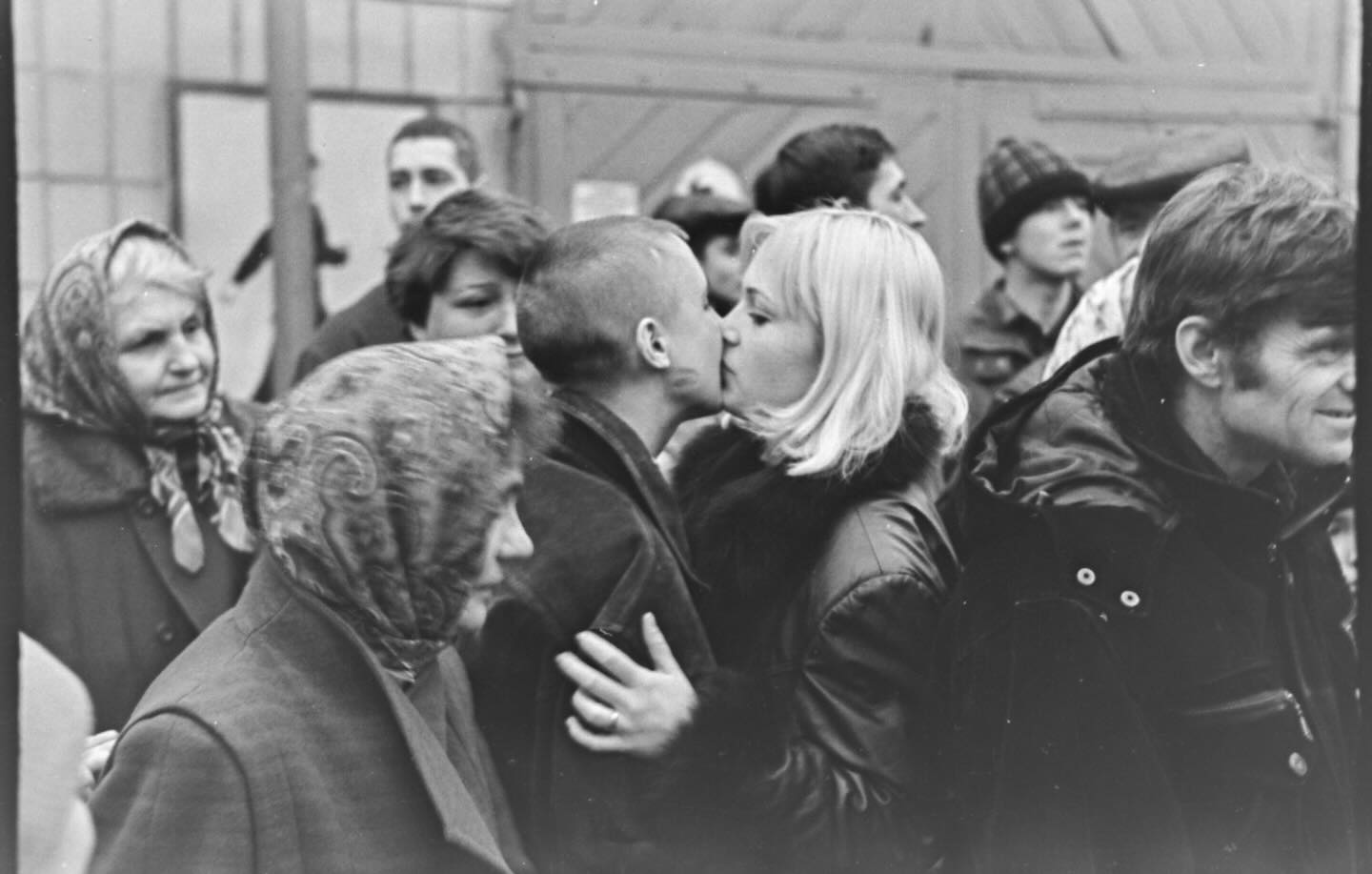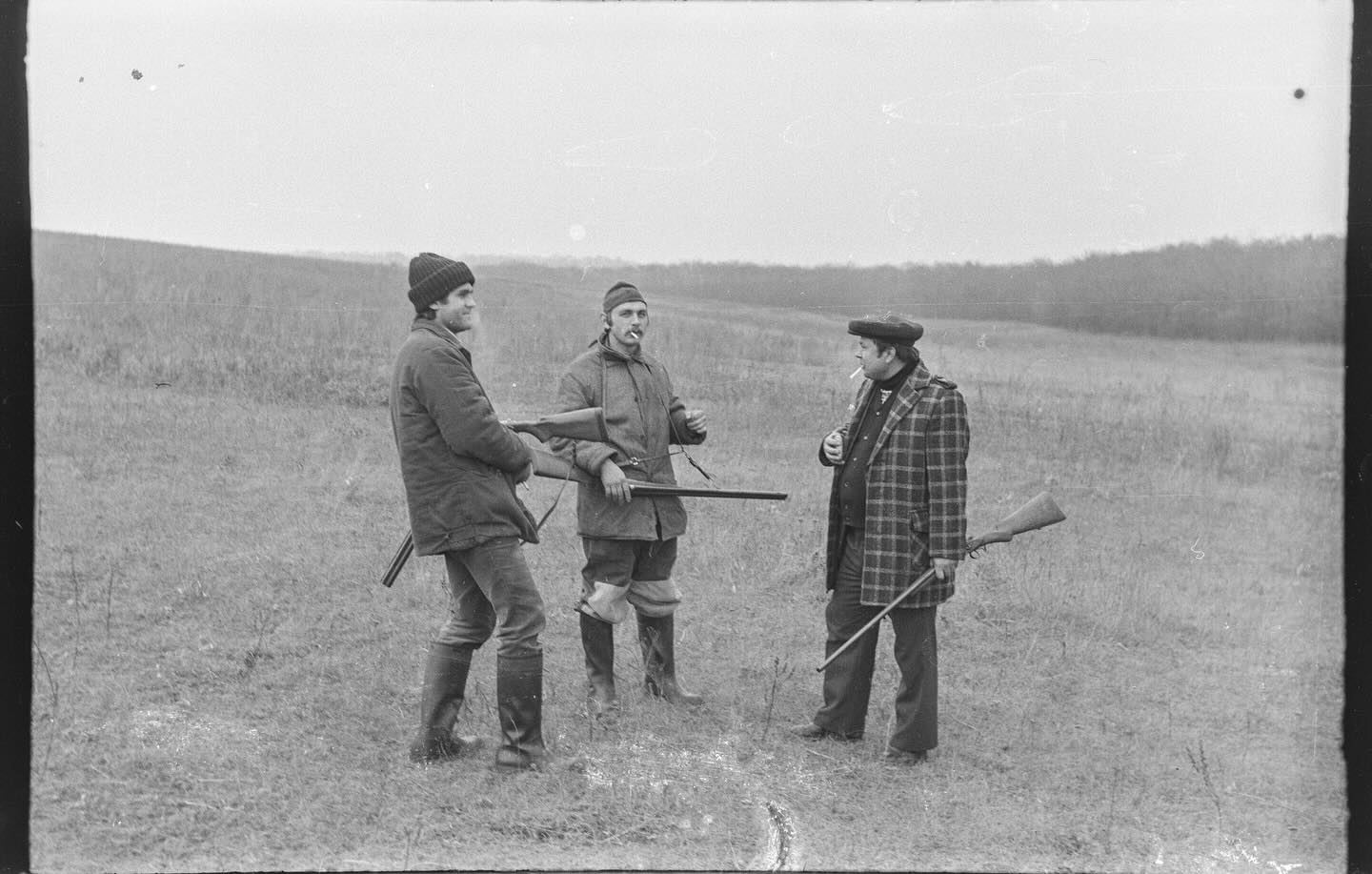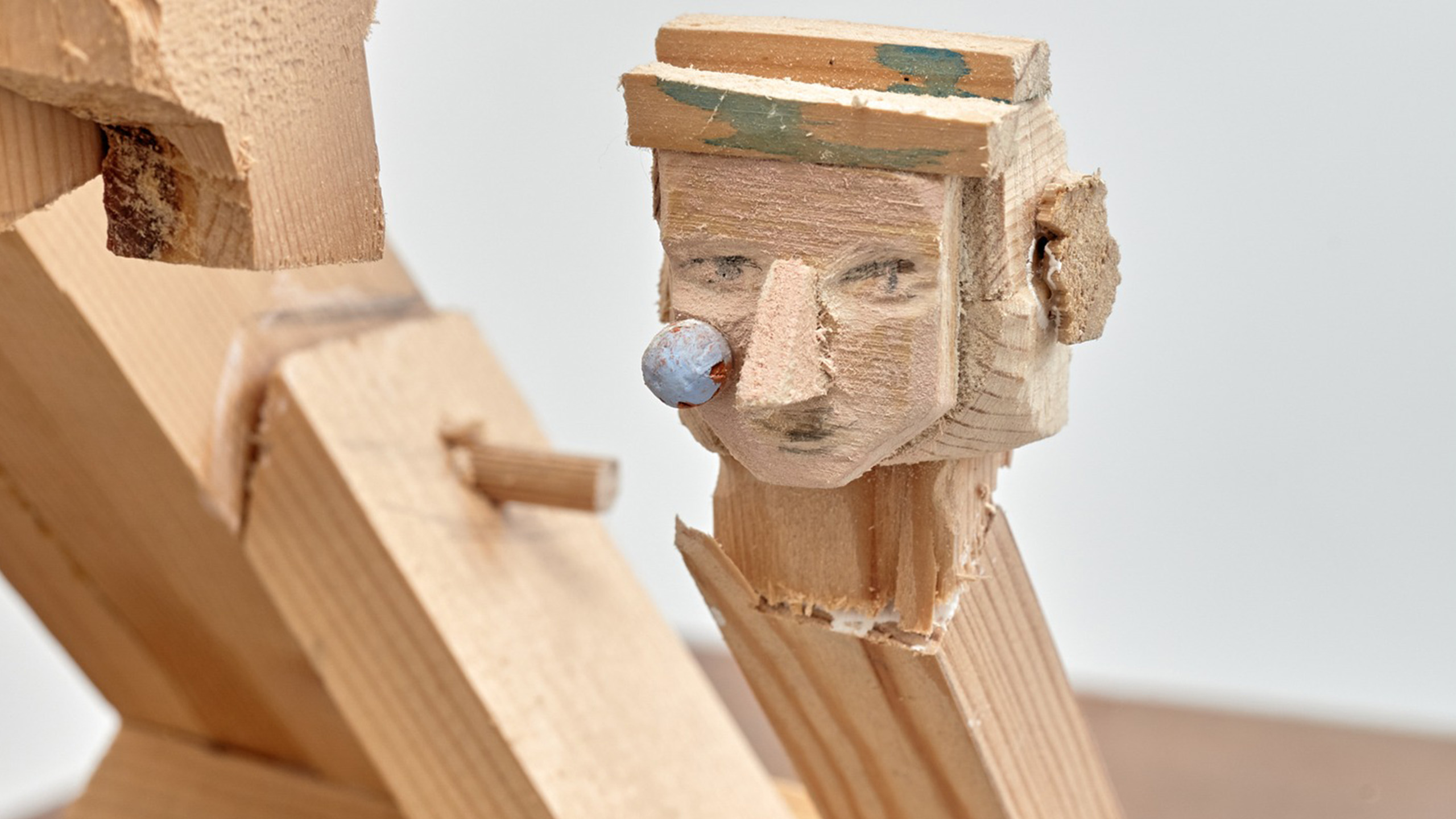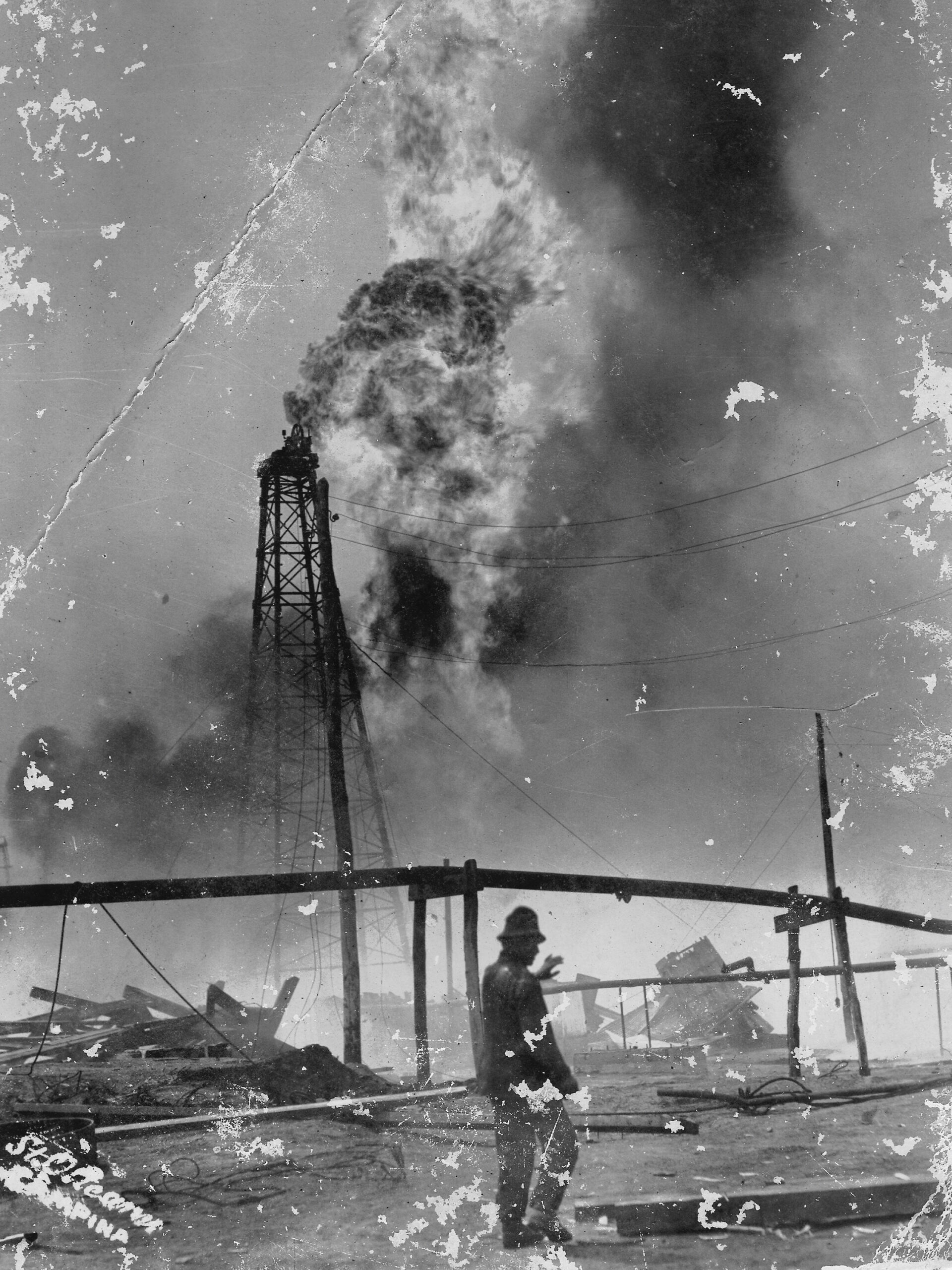Event
23 October – 7 February 2026
Reading Time: 4'

Kyiv Biennial: »Everything for Everybody«
Kyiv Biennial 2025
23 October – 7 February 2026
Dnipro
While we may search for answers in the archive, the truth is that it holds only a very partial record of the past, shaped by the priorities and prejudices, the fetishes and fantasies, of those who came before. Through the politics of selection and deselection, archives assert a hierarchy of cultural value. Decisions are made about what is worthy of cultural note – and therefore preservation – and what gets discarded as historical trash. Yet, if archiving can be a tool of exclusion, in other hands it can be liberatory. Outside of institutions, community-driven archival practices can resist erasure, asserting cultural presence and belonging. At times of war and crisis, this work becomes more urgent. As archives are occupied, displaced and deliberately destroyed, communities have mobilized to document vulnerable realities. In this transformed archival landscape, much is lost but something vital is also gained. The singular authority of the archive gives way to multiplicity, creating space for different kinds of history-making to emerge.
The exhibition »Everything for Everybody« within the Kyiv Biennial 2025 at the Dnipro Center for Contemporary Culture takes as its point of departure two archives from the UK and Ukraine brought together through a British Council project: the Franki Raffles Photography Collection at the University of St Andrews and the Mykola Bilokon photographic archives held by the Pokrovsk Historical Museum. The practices of Raffles and Bilokon revolved around the communities to which they felt connected. Despite the distances that separated them in space and context, their work shared common interests in documenting working-class life, gendered labour, and the shifting political landscape at the end of socialism. In 1989, Edinburgh-based Raffles visited the Soviet Union (including the Ukrainian Soviet Socialist Republic) with her young daughter, to establish links between the struggles of working women in Scotland and the USSR, where she photographed women labourers in factories, hospitals, construction sites, and fields. These images became her ›Soviet Women‹ series, a leftist dream of the ideal and emancipated socialist subject. This pursuit of the ›ideal‹ can also be seen in Bilokon’s photographs of hero workers in enterprises and collective farms. Produced while a correspondent for Pokrovsk’s (then Krasnoarmiisk’s) local newspaper Maiak (Lighthouse), Bilokon’s work resonates with the ideological agenda of the time.
Dnipro Center for Contemporary Culture / DCCC, Krutohirnyi Uzviz (Descent), 21A, Dnipro
Opening Hours: Tuesday–Saturday, 10:00 – 19:00

These collections invite further reflection: How do archives come into being? Who has access to their contents and who controls their meaning? What is the role of an archive during wartime? How do archives form unique testimonies of places that have vanished or been destroyed? The backdrop to these questions is the reality of war, in which the Pokrovsk Local History Museum – which held Bilokon’s legacy – was evacuated. The city itself has been on the edge of Russian occupation for many months. In this context, the exhibition’s title ‘Everything for Everybody’ – a phrase taken from Raffles’ archive – reads both as a promise and a provocation: Whose stories are we archiving now, and for whom? Rather than offering definitive answers, this exhibition aims to open a space in which diverse artistic practices exploring archival materials, family histories, and documentary practice can intersect. In fostering this dialogue, we have found it important to look beyond Ukraine’s borders to other contexts and geographies dealing with loss, the remnants of colonial pasts, and violent legacies. What new archives of solidarity can we build now, and what obstacles exist to their construction?
Exhibition participants: Katya Buchatska, Sophia Gera and Kamila Yanar, Lia Dostlieva, Ola Yeriemieieva, Olesia Kashyvska, Yana Kononova, Tetiana Kostiuchenko, Elias Parvulesco, Adrian Pepe, Clemens Poole, Anhelina Rozhkova, Selma Selman, Tako Taal, Valeriia Fedorenko
Curatorial group: Victoria Donovan, Kateryna Rusetska, Natasha Chychasova
Kyiv Biennial is an international forum for art, knowledge and politics that integrates exhibitions and discussion platforms. It was launched, and is organized, by the Visual Culture Research Center from Kyiv. The biennial takes an interdisciplinary perspective at the intersection of the humanities, socially engaged art, and political activism, to reflect on the key problems of the contemporary world. This year’s edition is being held in several cities in Ukraine and across Europe (Warsaw, Antwerp, Dnipro, Kyiv and Linz), with the aim of creating a space for cooperation between Ukrainian and international artists, for critical reflection on pressing political issues, resistance through art, and ongoing wars.



